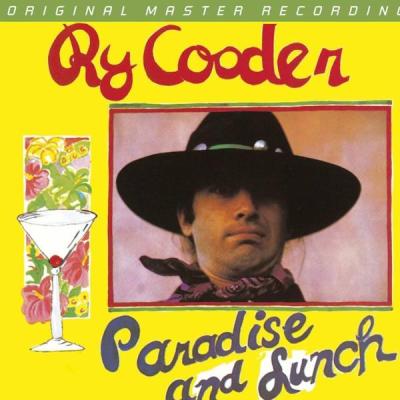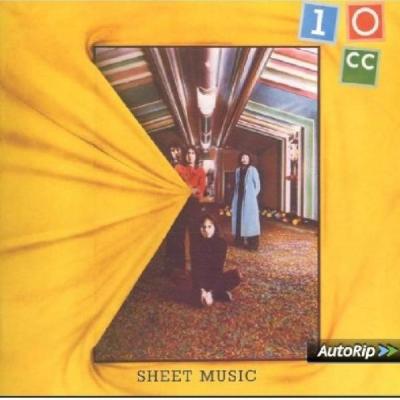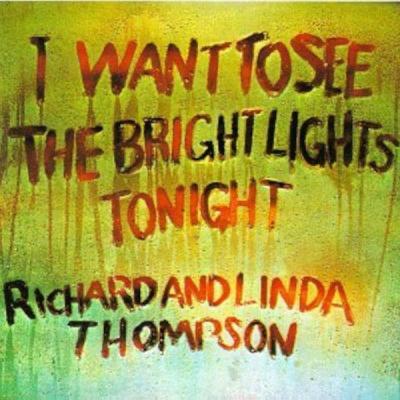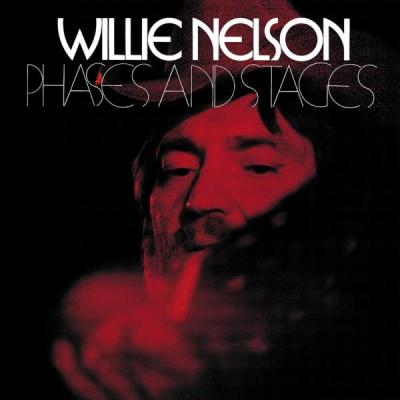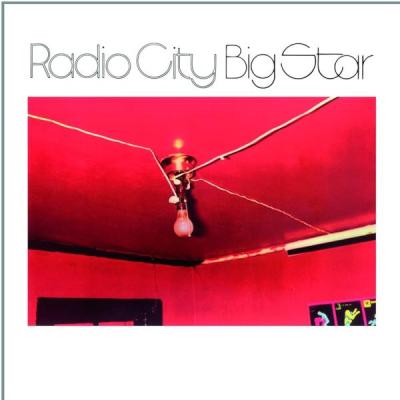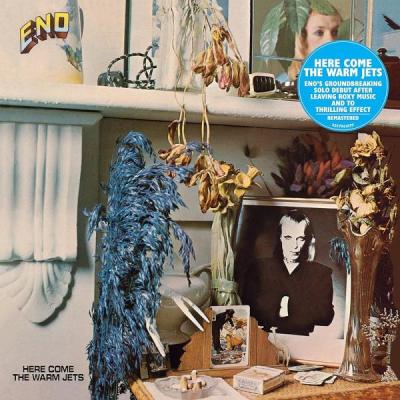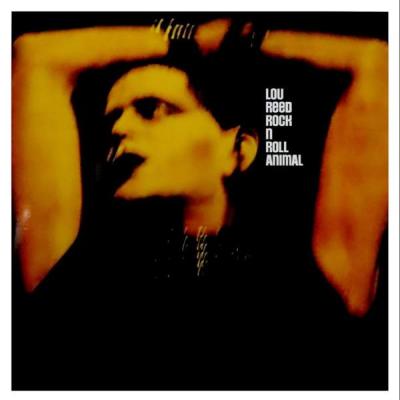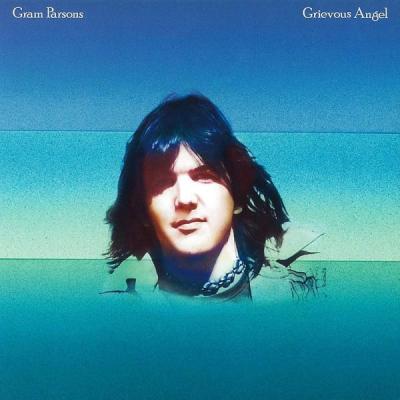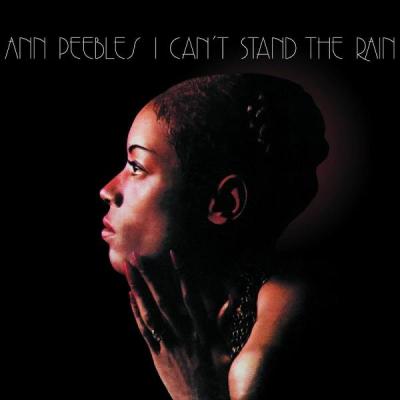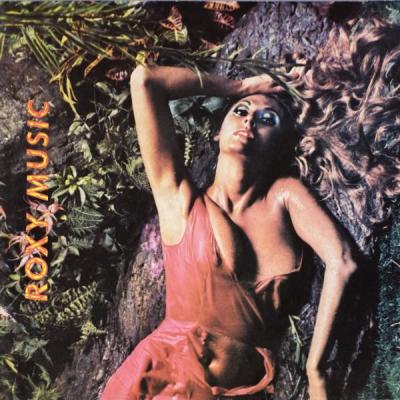

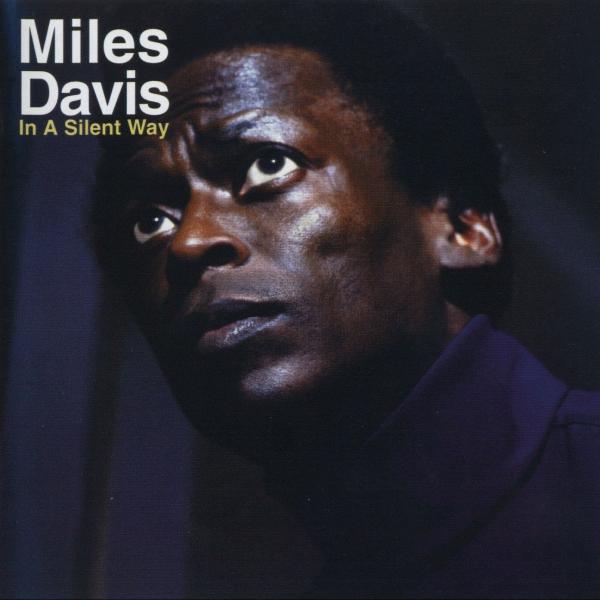
Miles Davis: In a Silent Way
Album #112 - July 1969
Episode date - February 28, 2018
Jazz wasn’t very healthy in 1969. A lot of observers figured the genre was actually dead, but just didn’t know it. In one sense, that observation was true. Historically ‘pure’ jazz was a relic, big band swing was passé, jump blues was usurped by rock and roll, and the bop cats played so many notes that they scared most of their potential audience away. The ‘free jazz’ movement was never going to attract a mass following, so by the late ‘60s, jazz that could be both popular and innovative seemed to be evaporating. Into this funereal atmosphere, Miles Davis released a jazz album that was at once totally innovative, and also serenely beautiful.
Most critics focus on “Bitches Brew” as the first ‘fusion’ album (it was the first hit fusion album, and the only album Miles ever released to reach Billboard’s top 40), but “In a Silent Way” precedes that record, and (I believe) eclipses it as well. Miles was fully aware of the changes taking place in the music world, and much like his Columbia label-mate Bob Dylan, he felt no compulsion to remain true to any specific genre. Jazz aficionados were wary, if not appalled, by the use of electric instrumentation for jazz compositions, but these people were living in a vacuum. How could Miles move in circles with Jimi Hendrix or Sly and the Family Stone and not feel the pull of inevitable change? To realize his ambitions, Davis assembled some of the best ‘electric’ players he could find, with no less than three genius-level keyboard players (Joe Zawinul, Chick Corea, and Herbie Hancock) and Guitarist John McLaughlin to flesh out the four-piece acoustic band of Miles, Wayne Shorter (saxophone), Dave Holland (bass) and Tony Williams (drums). The band convened at Columbia studios and – as usual – with little pre-ordained direction, set off into the unknown. Indeed, Davis met McLaughlin for the first time only hours before the recording session started.
Despite the amplification, the band played as if they were in a church. The volume never rises above mezzo forte, and there are virtually no ‘solos’ to speak of. It was music made for the middle of the night. Two long free form improvisations were subsequently selected and then tamed by recording engineer Teo Macero. Macero’s genius is largely responsible for the appeal of “In a Silent Way,” by editing specific sections together into comprehensible musical forms, and then repeating large chunks to give the music a sense of resolve. Jazz fans could barely consider the album to be genuine jazz, and the rock world certainly could not make sense of it, but the ethereal beauty of “In a Silent Way” could not be denied, even if it could not be defined. With “In a Silent Way,” Miles Davis stood alone on a slippery slope, and waited for the world to coalesce underneath his feet. As it turns out, and thanks mostly to Miles, jazz wasn’t dead at all.
July 1969 - Billboard Charted #144
Shhh - Peaceful, Pt. 1
In A Silent Way
Related Shows




